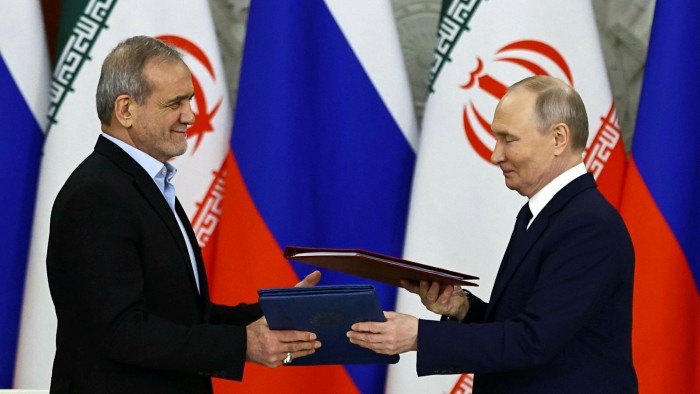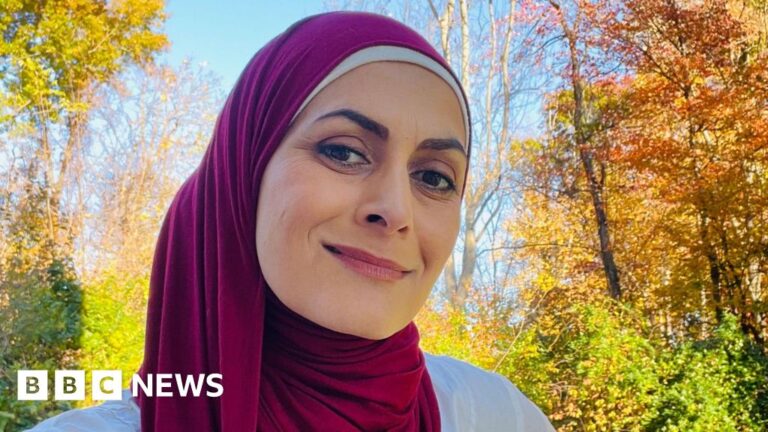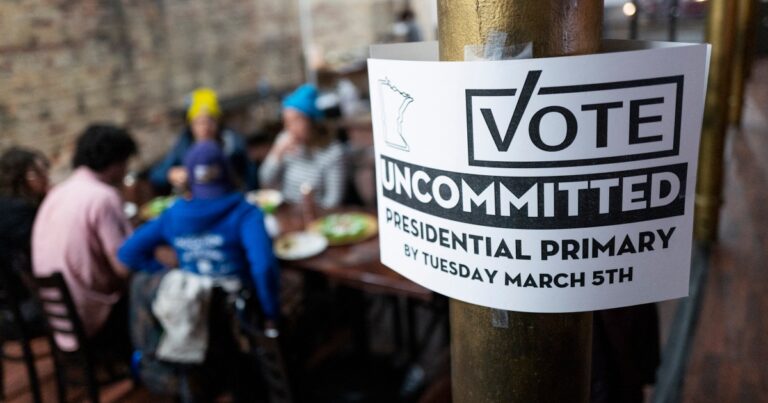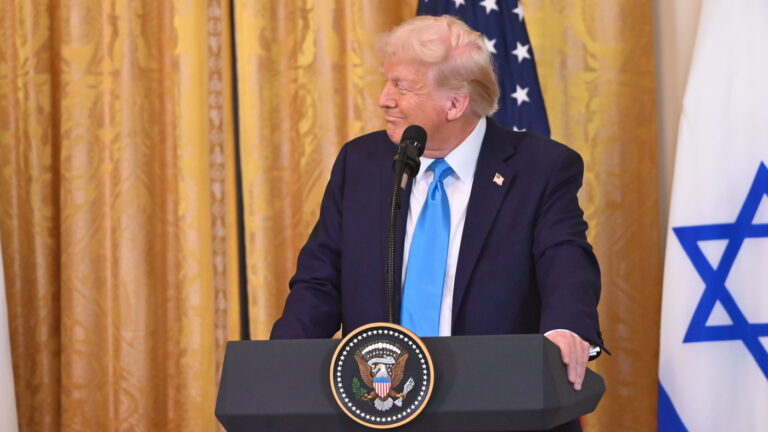
Unlock the Editor’s Digest for free
Roula Khalaf, Editor of the FT, selects her favourite stories in this weekly newsletter.
Iran and Russia have agreed to closer military co-operation and intelligence sharing in a sign of the extent to which the two countries have been driven together by confrontation with the west.
President Vladimir Putin and his counterpart Masoud Pezeshkian signed the wide-ranging “comprehensive strategic partnership treaty” in Moscow on Friday.
The long-anticipated partnership, which had been a source of apprehension in the west, stopped short of the pledge of mutual military assistance that Putin signed with North Korea in June.
But Russia and Iran pledged to work together against common military threats and not allow the territory of one to be used for an attack on the other. They will also plan joint drills and training, exchange intelligence between security services and work together to defeat sanctions.
Putin praised the deal with Iran as a “real breakthrough” that creates “conditions for the stable and sustainable development of Russia, Iran and the entire region”.
He emphasised the trade and economic benefits, including Russian sales of civilian nuclear technology to Iran and a deal to supply Russian gas to the country.
Pezeshkian said the treaty opened up “a new chapter in relations between Iran and the brotherly neighbouring state of Russia”.
The warm relations between the two leaders showed the extent to which the invasion of Ukraine has transformed Russian foreign relations, particularly in the Middle East.
“Russia seems increasingly to formulate its approach to the Mideast through the prism of confrontation with the west,” said Jon Alterman, of the Washington-based Center for International and Strategic Studies.
Military co-operation between Russia and Iran has been watched closely in western capitals.
In September, US secretary of state Antony Blinken warned Russia might be helping Iran’s nuclear weapons programme in exchange for shipments of Fath-360 short-range ballistic missiles that the US says Iran has recently sent to Russia. Iran insists it has not sent missiles to Russia.
However, Iran exports its Shahed 136 kamikaze drone to Russia and has even helped Moscow produce its own version of the unmanned aircraft.
Russia in 2023 promised to sell Iran its most advanced fifth-generation fighter, the Su-35, though few believe the sale will materialise due to the war in Ukraine and likely objections from Saudi Arabia.
Nicole Grajewski, of the Carnegie Endowment, said the treaty’s language on intelligence sharing has not been in other similar agreements. Despite the lack of a mutual defence clause, she said the treaty “is substantial in many aspects”.
Iran, for its part, has been heavily damaged by war with Israel. Israeli military strikes on Iran in October knocked out all but one of Tehran’s Russian-supplied S-300 surface-to-air missile systems, according to defence experts, as well as sites that produce solid-fuel propellant for Iranian ballistic missiles.
Israeli air and ground campaigns in Lebanon have also decimated Tehran’s proxy Hizbollah, and contributed directly to the downfall of the Syrian regime of Bashar al-Assad, Iran’s key ally in the region.
The pressure on Iran is set to ratchet up in January with the return of Donald Trump to the White House along with a coterie of Iran hawks such as Marco Rubio, Trump’s nominee for secretary of state.
Hanna Notte, of the James Martin Center for Nonproliferation Studies in Berlin, said the logic of geopolitical confrontation with the west continued to drive the two countries together.
“The more that Israel takes on Iran and undermines a balance of power of sorts in the region, I think that just enhances appetite on the Russian side to try to counter that trend,” said. “Russia looks at the region through a simplified prism of its own confrontation with the west, and in that simplified prism, the Israelis are the American ally.”
However, she said, interests in the Gulf remained important to Moscow and might continue to keep Russia from “going full Iran”, as she put it.



